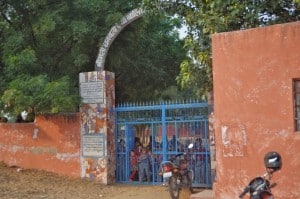
I’ve just spent the last three months working for Bhoruka Charitable Trust (BCT), an NGO that “…is dedicated to social-economic transformation of rural and remote areas of India, especially the weaker and socially underprivileged groups, through physical, social, cultural and economic development of rural people, groups and institutions.”[i] Working in the name of development and progress comes with an innate but subtle superiority complex. The working assumption behind the idea of development, especially if in a cultural context, is that I, the “developed”, know how to live your life better than you, the “under-developed”. That is not to say that development ideas and initiatives don’t come from a good place in the heart, but perhaps we are not taking the whole picture into account, especially coming from a Western perspective. I’ll come back to this in a moment.
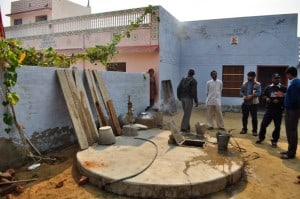
Let me explain an example from field observations. Some background first. One of the great projects that BCT does is help build Rain Water Harvesting structures in individual homes. Although in many places community structures exist, they aren’t necessarily enough. The fantastic part about such a project is that the household will help provide labor and building materials, which are locally available, while expertise needed is provided by the NGO. Most importantly, the water is an important source for of activity that has now been localize instead of the women of the household having to walk many kilometers to fetch water. During a field visit with a team from Delhi building a marketing strategy for the NGO, we went to several homes in the villages so they could get a sense of the benefits of the projects. When interviewing a household that did have a Rain Water Harvesting structure as to what they would do with the spare time if they were provided with one, they answered much to our disappointment.
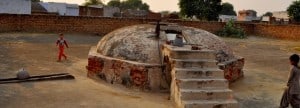
As “developers” we wanted to hear something along the lines of economic empowerment and increased productivity as to get out of what we perceived to be economic hardship. Instead they said that they would enjoy the extra water and time with bathing and relaxation. All of us left the household believing that they must have some backwards mindset or another (keep in mind that this was being said by Indians too). When I look back now at that moment I think differently. If they in that household are happy and completely self-sustainable, then why shouldn’t they use the extra time to enjoy? Whereas the team and I measured development success in terms of globalized economic productivity, they were think in a much more local way. If they have food in their stomach, a house to live in, and all else is well, then the local necessities are taken care. No need to work harder. I think I’ve made my point.
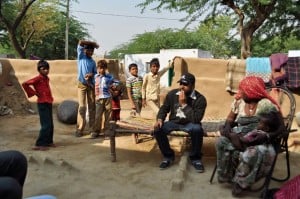
Conversely I feel that when I spoke of the western consumer culture that I highlighted too many of the positive aspects without showing the more inhumane and sad aspects. Yes its awesome that we get cheap goods and we all strive to be economically independent, but we have lost a deeply human touch that is so typical in Indian rural settings. I can’t count the numbers of households regardless whether they knew me that invited me in for tea and discussion in those rural parts. I can’t remember the last time such friendliness was offered in America on the flip of a dime. Although here in this post I have highlighted some aspects of the cultural exchange, the economic implications still go much further. If I go into those implications, I’ll have you stuck here for much longer, so I am going to end it here. My sharing this with you is a reminder to me that we must be conscious about these issues, but also a wake up call that our demanding 40-hour workweek in the west is not always the solution to happiness in life. If I continue with development in the future, I will certainly keep these things in mind.

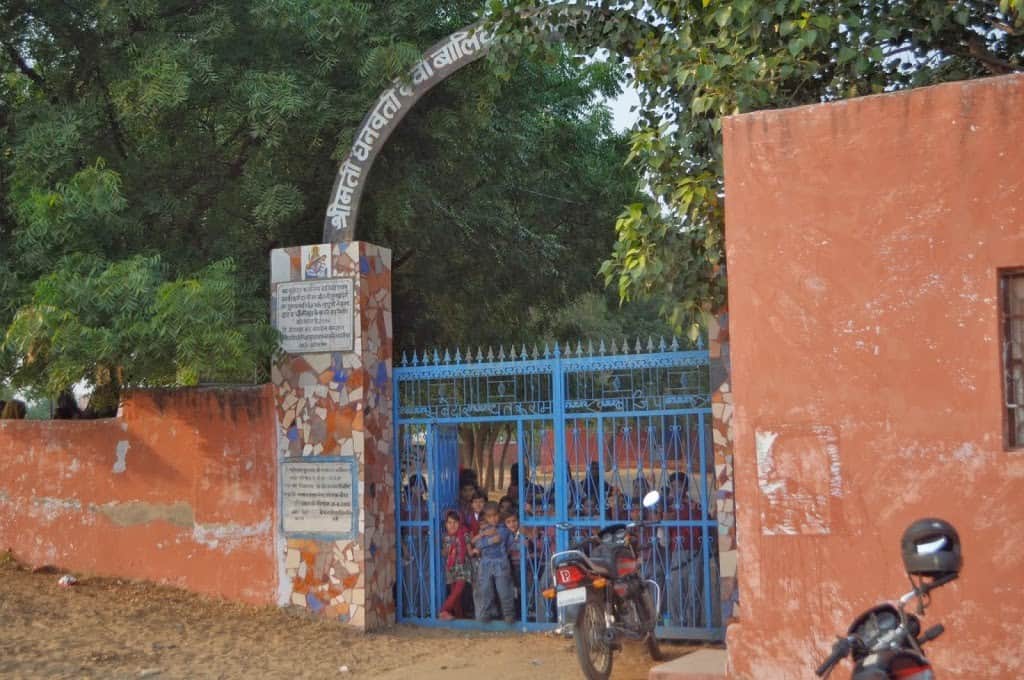

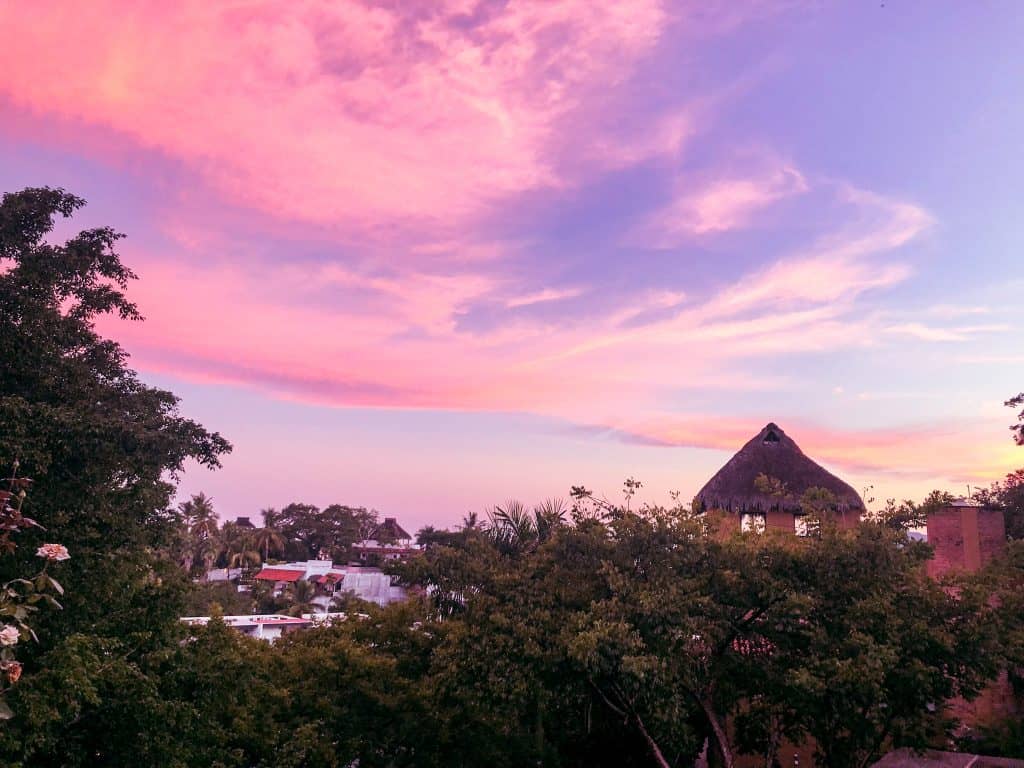
Very well written & compiled Mr. Bo. Hope to read more about your experiences & understanding. All luck!
– Sumit Kathuria